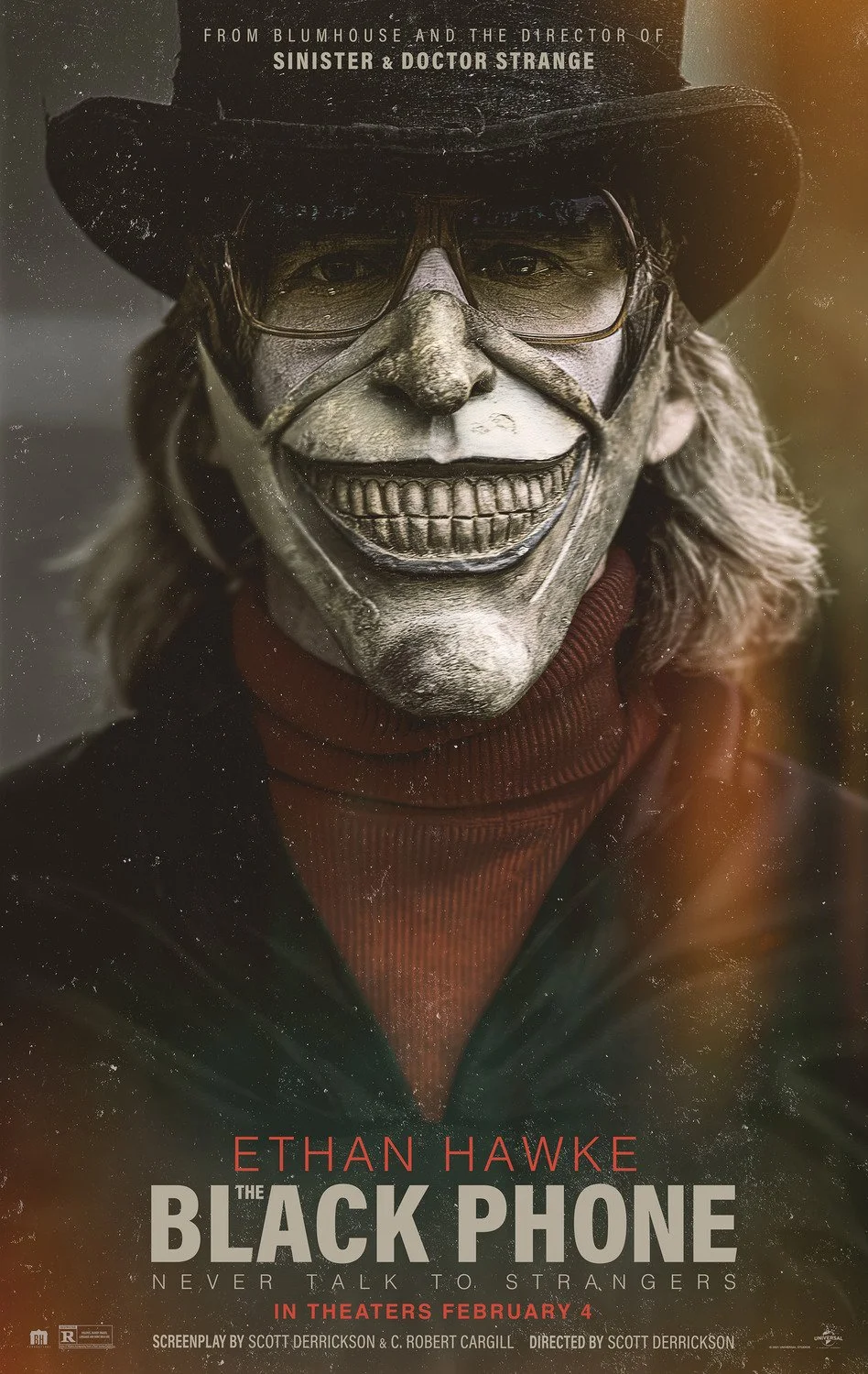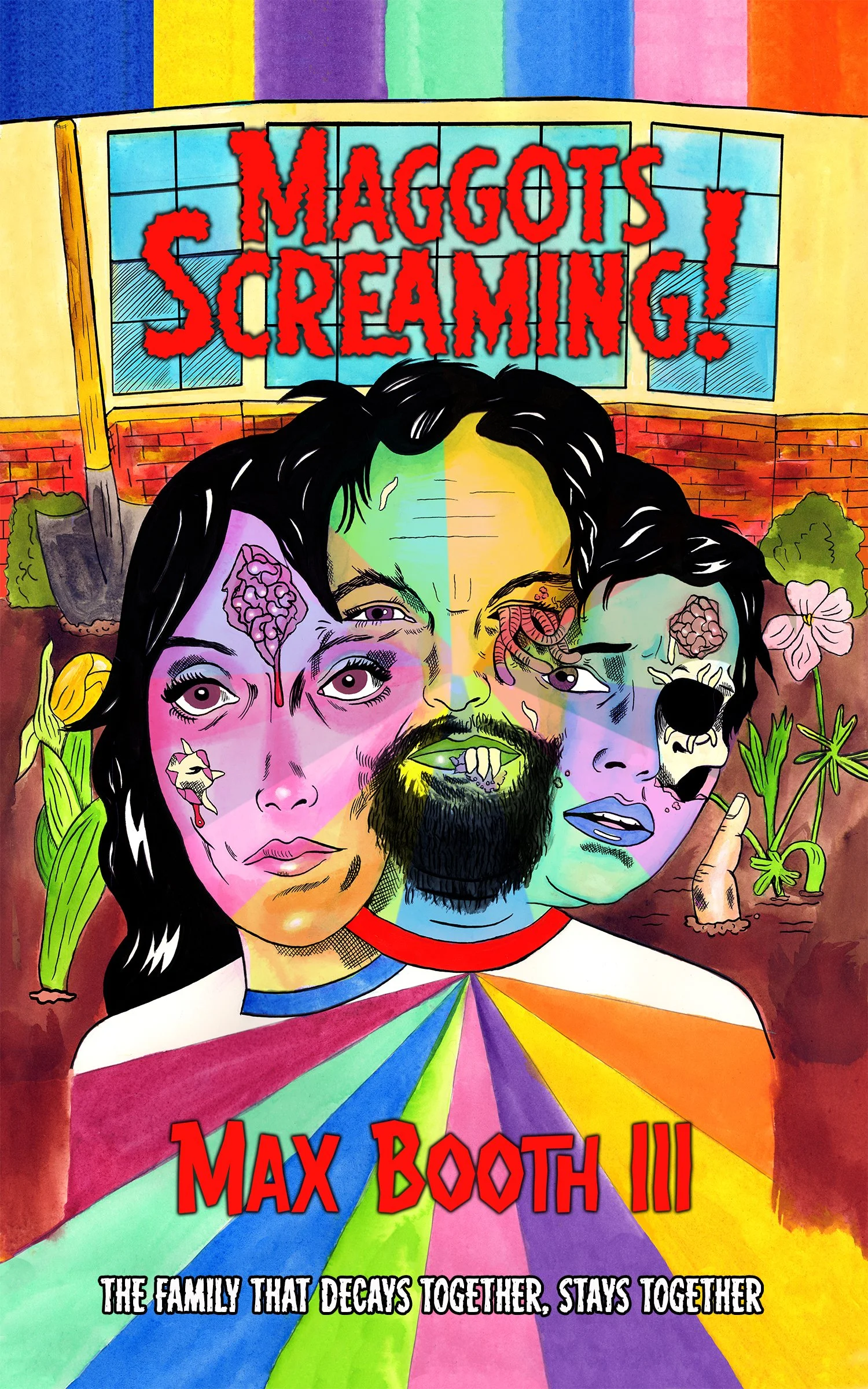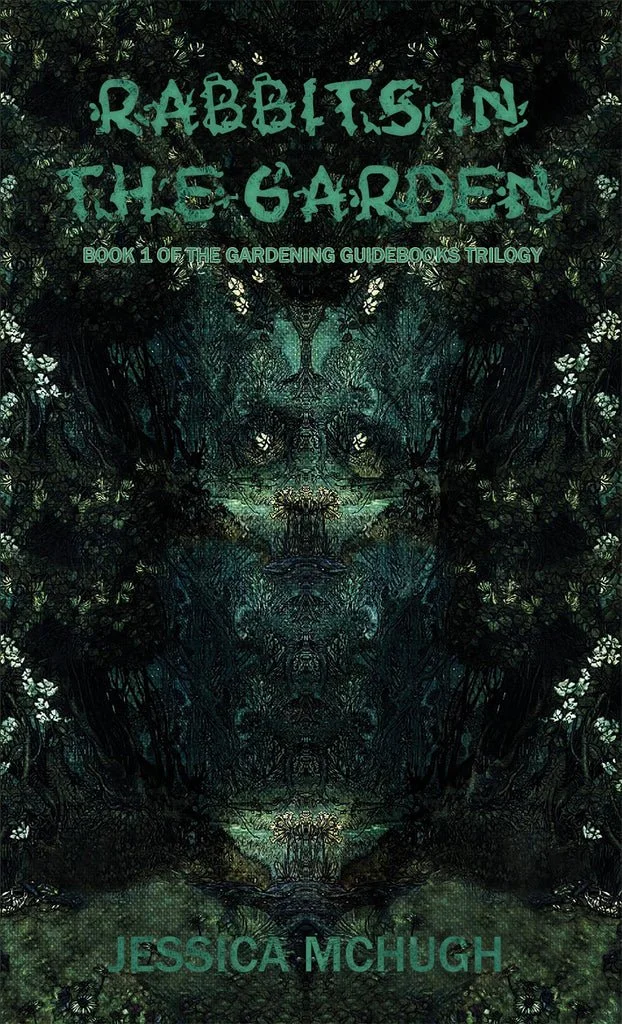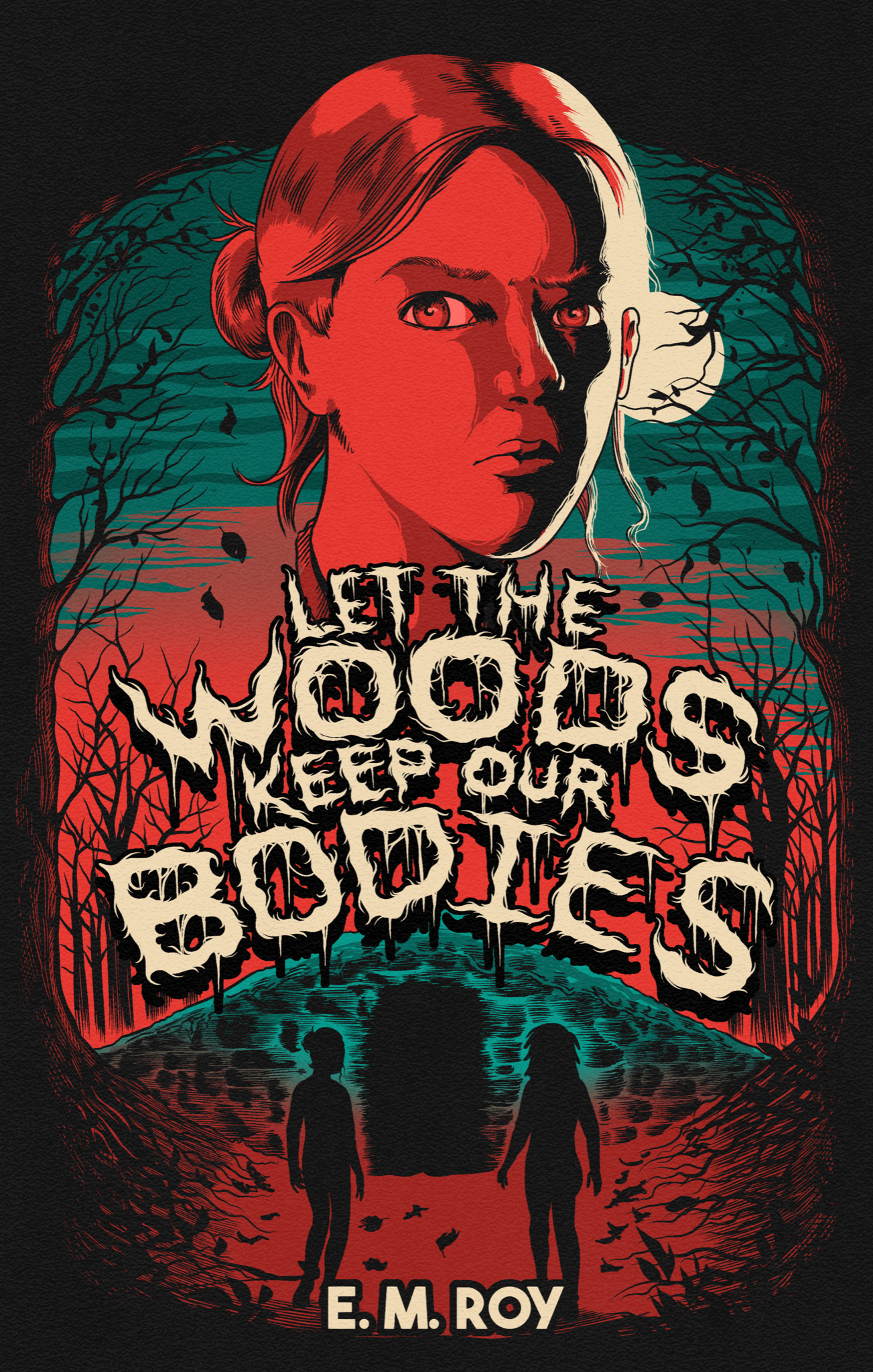Book Review : Jessica McHugh - Hares in the Hedgegrow (2022)
I did not expect a mid-century teenage girl’s supernatural coming-of-age to make the Larry Prater Awards for Best Read nominations in 2022, but it did. Jessica McHugh’s Rabbits in the Garden was a story about a vaguely magical teenager, but it was also a brutal exploration of abusive family relationships and their consequences on the psyche of a young person. Whoever couldn’t see the beauty in it must've been dead inside. So, it's with great enthusiasm that I went into the sequel Hares in the Hedgegrow.
A sequel that was at the same time difficult to love and impossible to dislike. I have conflicting feelings, fam. Let me explain.
Hares in the Hedgegrow picks up several years after the events of Rabbits in the Garden and follows the trials and tribulations of Avery Norton's daughter Sophie. Well, if you've read Rabbits, you know I've just grossly oversimplified the nature of their relationship, but Sophie is a teenager and she's in love with an older boy named Liam LaSalle. Young Liam is also a member of a weird hippie cult who's going to eventually turn Sophie against her mother and reveal to her a devastating long-lost family secret.
Problems that aren’t problems, but are problems anyway
So, Hares in the Hedgegrow is a good novel. It has tremendous characters (some of them are a little campy, but whatever), it is delivered with great passion and energy and it's relatively uncluttered with exposition. It's long, but it moves fast. But something about it doesn't work. At least it doesn’t work nearly as well as it did for Rabbits in the Garden. The first lies in one of its defining characteristic. Hares in the Hedgegrow is a fiery novel, but it relies a lot on you have preexisting good faith in the protagonist.
I had this preexisting good faith in Avery Norton, so I was a perfect audience for her daughter's adventures. But two things happened then : 1) she’s nowhere to be found at first and 2) there's a shitload of lore to soak up about what was essentially a perfectly wrapped supernatural coming-of-age story. I’m talking like Harry Potter levels of lore that disturb the balance of relatable/unexplained that made Rabbits in the Garden so good. Certain tropes and ideas that were wrapped up are reopened and they’re…not as successful?
That leads me to the second problem-that’s-not-really-a-problem-that’s-kind-of-a-problem-anyway is that Hares in the Hedgegrow is very much exactly what Rabbits in the Garden was, but at a grander scale. Rabbits was already emotionally exhausting, but Hares gets to a point where it's too dramatic to be taken seriously. I don’t know how long the final confrontation is, but man. It takes forever. Up to a point where it loses its edge and gets a little funny? I don’t blame Jessica McHugh for pushing herself, but this was a little much.
So, this is a bad novel?
Not exactly? Hares in the Hedgegrow is a novel with problems I hadn’t quite encountered before in my criticism career. It’s not stupid, toxic, boring or poorly structured. It just tells a story with a vigor and precision that gets overbearing after a while. If novel writing is an exercise in seduction at heart, Hares in the Hedgegrow is making plans to get married, buy a house and starts planning for kids a little early in the relationship. There's too much happening too fast and I was already sold to the character.
This is weird and complicated criticism to write because it has nothing to do with Jessica McHugh’s writing and storytelling skills, which are top notch. It has more to do with the state of mind she was in when she wrote this. In a perfect world, Hares in a Hedgegrow would’ve been three novels. Maybe at the end of a fourth novel of this cycle I would’ve been ready to believe what happens at the end of Hares, but it gets too frantically there.
It might not be the case for you, so that's why I wanted to review it and submit this… well, this intellectual discomfort I had with the novel. Maybe it’s not going to be your case, but I thought it was pretty unique and interesting.
*
So, what do I make of this novel? I’m not too sure. Although the potential for a sequel was clearly there at the end of Rabbits in the Garden, but that door might've been better left forever opened? A powerful character like Avery Norton might've benefited from a storyline that would've revolved around her a little more? I truly don’t know. This is one of these novels that has quirks that I frankly can’t reconcile with or solve. It is technically impeccable and intellectually too overeager to work well. At least for me.
But please read Rabbits in the Garden. It’s tremendous.

